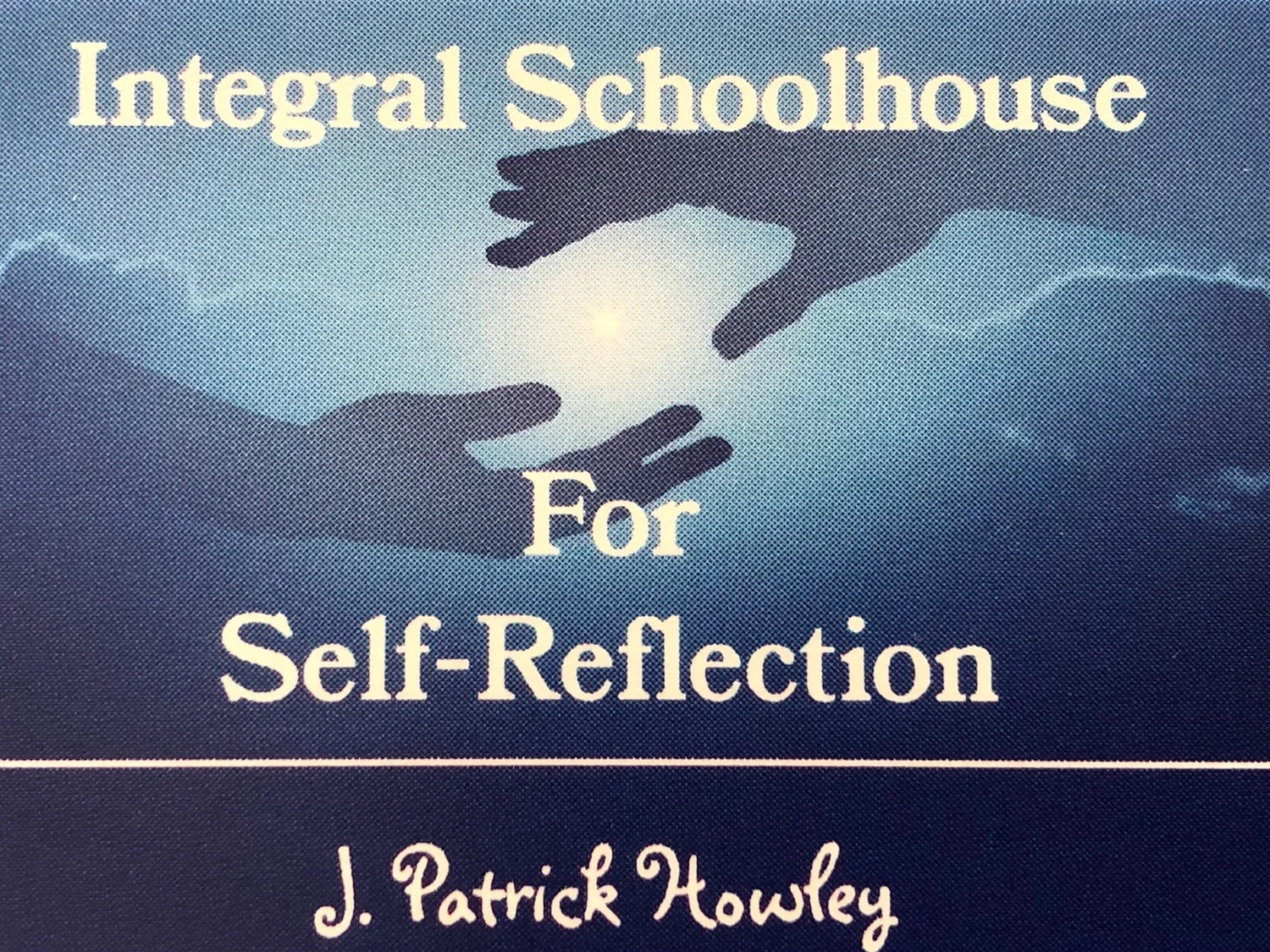It was in Ken Wilber's book, "Integral Spirituality" that I first heard of Ramana Maharshi. I bought a book, "Talks with Ramana Maharshi." I found it very difficult at first to understand what he was saying. I stayed with the book and eventually bought many others written about him. The more I learned, the more I felt that I was given a precious opportunity to renew my Catholic faith and actually "transcend but include" it, to enhance my spiritual development.
I love this quote so I shall share this before I tell you more about Ramana.
"First set yourself right, and only then, set out to improve others. Change the hearts of men and the world will surely change. But one must begin somewhere; and one can only begin with oneself'"
Of course it might take more than a lifetime to set myself right, so it affirms the non-directive approach of Carl Rogers. Maybe by just being me and "being with" you, without trying to change you, we might both begin to grow and change together.
I would like you to get to know this very unique spiritual teacher who had no ego! No ego! I have never heard of anyone or met anyone like that! Maybe Jesus had no ego. There only seemed to be love in Jesus. Ramana became an enlightened being a very early age. From what I have learned about the way he lived there seemed to be only LOVE in his heart. This is a man I want to learn from and I would like to share what Robert Wolfe has said about him in his 2016 book Raman Maharshi, "Teachings in Self-Realization". So see below a short over view of Ramana's life:
"Ramana, at seventeen, immersed himself in several years of the deepest meditation imaginable—death-like—as he sat silent and desireless in a mountain cave. For the balance of his life, while engaged in the role of a (reluctant) guru, he owned no personal property, had no romantic life and never traveled. Basically, he had nothing to gain from anything he said. Yet, because he personally experienced the sweeping range of human religious discovery, his teachings make it unnecessary for spiritual seekers to reinvent the wheel.
Buddha is not the only revered teacher who is regarded as having been enlightened. In our own time, there have been those whose life story is similarly remarkable, and whose biography and teachings are verified.
Ramana Maharshi, as a case in point (who died as recently as 1950), went from having next to nothing, to having nothing. He left his modest family home at around age 16, and chose to be homeless. He was often without even shelter, in the earlier years, before taking up lodging in a cave. When afoot, he begged for his food, and throughout his life he wore only the barest covering. He evidently never had a romantic relationship, nor did he ever travel more than a few miles from his abode near the foot of a mountain. Though an ashram was eventually formed around him, he never handled money. The divan on which he slept and sat (while discoursing his enlightenment teachings) was in a room open to anyone, at all hours of the day. Two possessions are said to have been his, a walking stick and a water pot. He, like Siddhartha, had surrendered every comfort, security and pleasure that most people desire. And he, too, achieved his aim of discovering the source of unending peace and contentment. And, he taught to others the means by which to do so, until he died fifty-five years after he left home. (Buddha taught for 45 years).
Basically, he had nothing to gain from anything he said. Yet, because he personally experienced the sweeping range of human religious discovery, his teachings make it unnecessary for spiritual seekers to reinvent the wheel.
Like Buddha and Jesus before him, he speaks from the authority of first-hand realization. Unlike Buddha and Jesus, his teachings come to us unfiltered by historic doctrinal censors. And thankfully, for the present-day seeker, his advice is brief and direct.
The books that report Ramana’s discussions, like other books of its kind, contains all that needs to be known by the seeker of enlightenment. Through a piecemeal process, one tries to discover the meaning of the teachings.
In my next blog I want to share from this same book what Ramana had to say about God. Most was not new to me because I had learned this in my Catholic schools growing up. However, I had lost the significance of my upbringing until most recently when I realized that through Ken Wilber, Ramana,Maharshi and Joyce and John Weir, I was continuing a very deep spiritual journey.
Part Two on Ramana and God will be up on the site soon.
